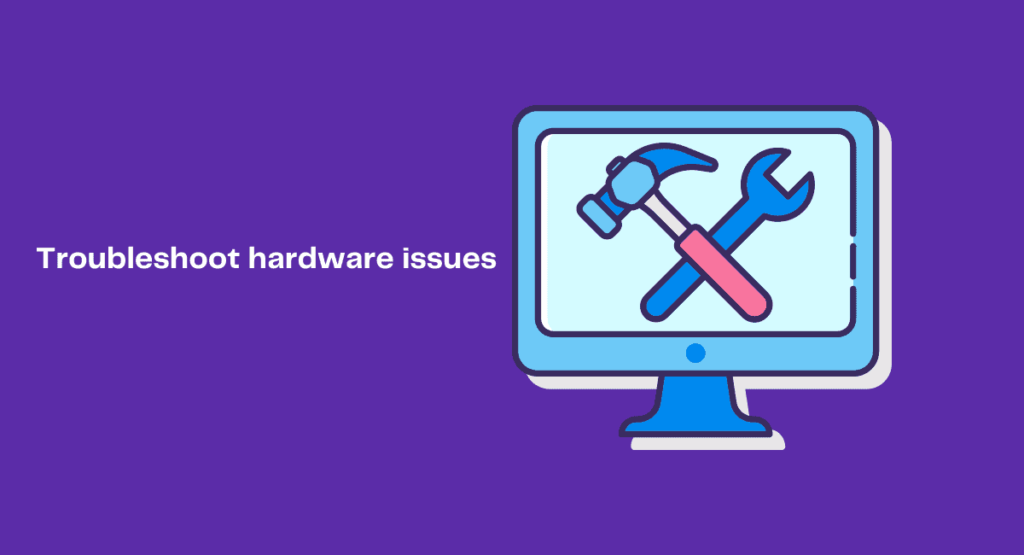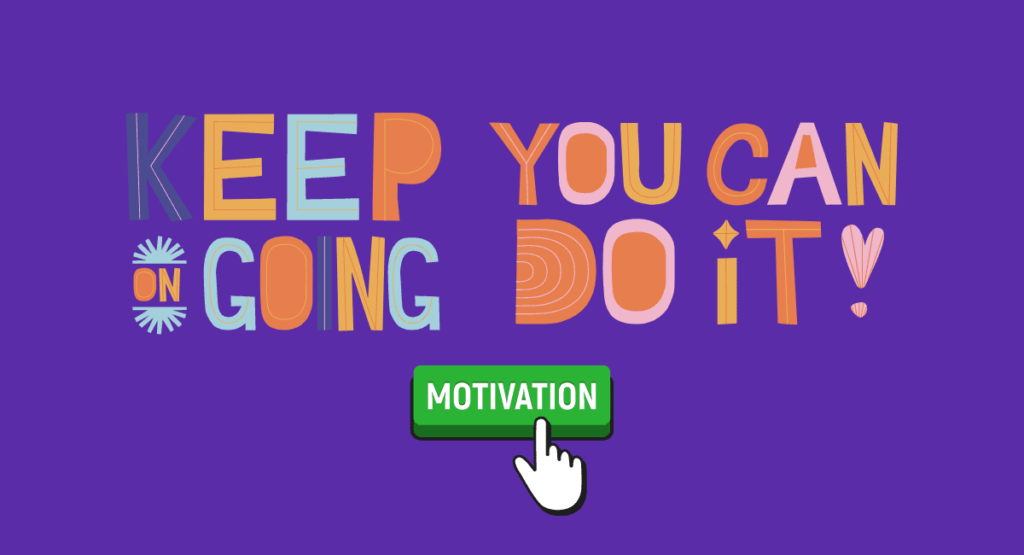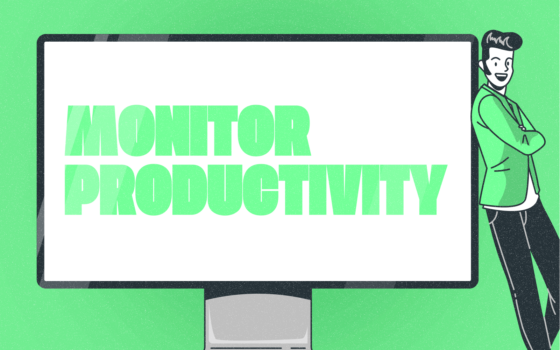11 Must-Have Skills for Starting Full-Time Work From Home Jobs


Are you looking for work? Have you considered working from home? Many businesses are now offering jobs that employees can complete remotely, and this number will only increase in the future.
If you want to switch to a work-from-home job, there are some skills you will need. We will discuss the skills that will help you succeed in your career when you work from home.
11 skills you need for remote work
“77% of global respondents feel fully productive at home”. Global Workplace Analytics.
Working from home can be a great way to have more flexibility and control over your work life. However, staying motivated and productive can also be challenging when you’re not in an office environment. There are some skills you need to master to be successful when you do remote work.
#1 Communication Skills

Communication is the backbone of every successful human relationship, even more so when it comes to remote and virtual communication. To always be able to communicate quickly, efficiently, and effectively, you should have some tried-and-true methods for any situation.
This means working with your team members or clients remotely, using video meetings/conferencing or other digital tools.
You likely use a virtual communication tool if you do most of your work from home or even periodically travel to a home office. These include everything from video conferencing software like Skype, Microsoft Teams, Google Meet, and Zoom to more advanced communication platforms like Slack and Trello.
When applying for remote positions, good communication skills are essential skills. If a company hires remote workers, they likely want to hire people who can communicate effectively. Showing you the skills to do so through your interview process will help ensure you get the job.
#2 Computer and Software Usage Skills

This is a must-have skill for any job, especially if you work from home. If you work from home full-time, you will have a lot of time learning new skills and growing as a person and employee. This is an excellent opportunity to improve your skills and knowledge.
But you should still be prepared even if you’re only working remotely now and again. You want to show your employer that you have the skills necessary to do the remote job, but you also want to ensure you don’t become a liability.
Suppose you’re working from home in a pinch. In that case, you might be asked to troubleshoot a colleague’s computer, and if you don’t have the necessary knowledge to do so, you could cause problems and errors in your company’s network, causing headaches for everyone.
It is crucial to keep up with the latest computer software for your job. You likely use a lot of software daily. To do your job well, you must be up-to-date on the latest versions and familiar with using them.
#3 Networking Skills

Whether or not you work from home, networking skills are essential for securing new employment and earning a promotion. Remote work, however, requires a bit of an extra boost of confidence and skills.
A big part of networking – or any communication – is knowing who you are and what you bring to the table. If you have a remote job, you likely communicate with others daily. But be careful not to burn out.
Beyond communication, you must build solid relationships with your colleagues, supervisors, and clients.
This includes participating in the social media forums of your industry and company and maintaining a virtual presence on places like LinkedIn.
Get more out of your business
Get the best employee engagement content every week via mailing list
#4 Time Management Skills

Time management is a tricky skill to learn. No matter where you work, it’s challenging to find a perfect balance of time spent on work, time spent on family, time spent on personal development, and time spent on relaxation and play.
Time management is a more significant challenge for those who work remotely. This is especially true for people who work in a field that requires a lot of self-discipline, like software development or writing.
If you have a remote job, you likely have plenty of time to explore new hobbies and activities, but you also have time to get lost in the rabbit hole of YouTube videos, Facebook, Instagram, or Reddit posts.
To keep your productivity high and avoid burnout, you must be disciplined in managing your time. This includes setting work hours and breaks and setting boundaries around your leisure and relaxation time.
You need to be able to stay organized and manage your time well. This means creating a work schedule and sticking to it, setting deadlines for yourself, and knowing how to prioritize your tasks.
#5 Problem-Solving Skills

When you are working on a project, challenges will come up. Troubleshooting and finding solutions quickly are essential for keeping your work flowing smoothly.
If you work in any customer-facing or problem-solving role, problem-solving skills are essential. If you work remotely, however, they are even more important.
Because you aren’t in the office, you aren’t privy to the same information as your colleagues. You likely don’t know what issues are coming, what questions are being asked, or what problems are faced.
Because of this, you need to be able to jump in quickly and effectively when a problem is presented. This means having the skills to solve the problem and the confidence to do so without having the information.
This is where problem-solving skills come in handy. Having problem-solving solid skills shows your employer that you can handle any issue that comes your way – whether you have all the information or not.
#6 Research Skills

Research skills are like problem-solving skills but with a slightly different focus. Where problem-solving skills are about dealing with issues presented to you, research skills are about making sure you have all the information you need before you even approach the problem.
Suppose you work in a profession that necessitates extensive research and analysis. In that case, you are almost certainly using various tools to stay up to date on the most recent information, including online research databases.
If you work remotely, you likely do this research online, often on your computer. Therefore, you must have the skills to correctly and accurately use the right tools and databases so you don’t misinform your colleagues or clients.
#7 Virtual Collaboration Skills

If you work in any type of service or creative industry, or if you work in any kind of project, virtual collaboration is an essential skill for remote workers.
If you work from home, you likely don’t have the same office relationships as someone who works in an office. You likely don’t have the same camaraderie, shared interests, or levels of trust.
Therefore, you need to be able to build those relationships and that trust remotely through different types of virtual collaboration. This includes virtual team meetings, video conferences, and collaborative project management software.
It also covers non-digital, virtual forms of cooperation, such as developing communication standards and rules for interacting with your clients and coworkers.
#8 Writing and Editing Skills

If you work in a creative or content-focused sector, you’ll likely write and edit documents daily, and remote workers will likely write and edit almost all of their work from home.
It also means that you have a lot of responsibility for ensuring your work is accurate and up to standard.
This is essential for any job, but it is crucial in a remote work environment. Your documents must be well-written, accurate, and professional, align with your company’s standards and brand voice and be grammatically correct.
Your writing and editing skills are essential for your role in a remote environment. Your employer likely trusts you to produce high-quality documents on your own, so make sure your skills are up to par.
#9 Mundane But Important Hardware Skills

This one may seem silly, but it is pretty essential. When you work from home, you likely work with various hardware, from your laptop to your phone to your printer.
If you work in an office, you likely have someone to troubleshoot hardware issues for you or at least a place to go to get help. However, when you do remote jobs, you probably must troubleshoot all your hardware issues, which can be a pain and time-consuming.
Therefore, it is essential to understand how your hardware works and how to troubleshoot common issues. This includes things like knowing how to connect to a printer, setting up a new laptop, or linking to video calls / conferencing systems
While these skills may seem mundane, they are crucial for working from home.
# 10 Self-Motivation

You need to be able to stay motivated. It can be easy to lose motivation when you don’t have someone breathing down your neck or an office full of people to keep you company. Finding ways to stay inspired and motivated is key to success as a remote employee.
You might be burned out from daily tasks when doing remote work. Maybe you had a bad day or week and are struggling to find the motivation to work. It affects everyone sometimes, yet there is a way through it.
You may do a few things to keep yourself motivated when working from home.
- Try to set realistic goals for yourself and break them down into small and manageable tasks. This will help you feel a sense of accomplishment as you check things off your list.
- Take time to move your body and breathe fresh air during the day. This will help you clear your head and return to work feeling refreshed.
- Try to work in a space that makes you feel good. This might mean setting up a dedicated workspace in your home or going to a coffee shop to work.
Whatever you decide, ensure it is what works for you and that you stay determined. Working from home might be difficult, but it can also be rewarding. You may have a successful career if you have the necessary talents and attitude.
#11 Organizational Skills

When you have work-at-home jobs, it is essential to stay organized. This means having a system for keeping track of your work and ensuring that everything is accounted for.
There are a few different ways to be organized when working from home. You can create a system for tracking your working hours, keeping track of your to-do list, and setting deadlines for yourself.
You can also create a work schedule and stick to it as much as possible. This can assist you in staying on track and ensuring that you accomplish your scheduled tasks.
Finally, make sure to keep your work area clean and organized. It will help you stay focused and avoid distractions.
Remote work can be a great way to get work done, but it is essential to have the right remote work skills to succeed. Organizational skills are necessary for those remote employees. With some planning and effort, you can ensure that your work-from-home experience is positive.
Do you have the skills to work remotely? If you have the skills listed above, you are well on your way to success. Working remotely needs a different set of abilities than working in an office, but with the necessary talents, you may be able to have productive remote employment.
Conclusion
If you already have some of these skills, great! But don’t stop there – continue to work on improving them so that you can be the best remote worker possible.
And if you don’t have some of these yet, that’s okay too. Remember that it’s never too late to learn new things and improve your skills. With a little effort, you can be confident of achieving success in the remote working sector.
So what are you waiting for? Start developing your remote work skills today!


